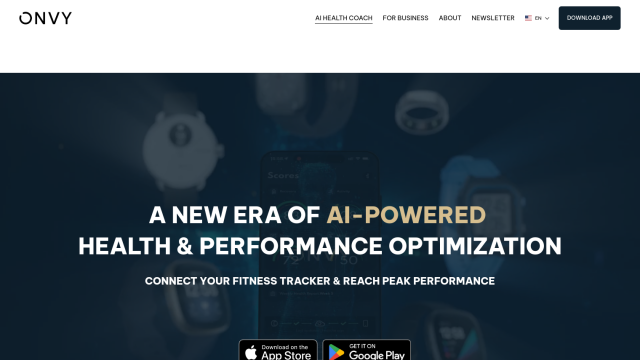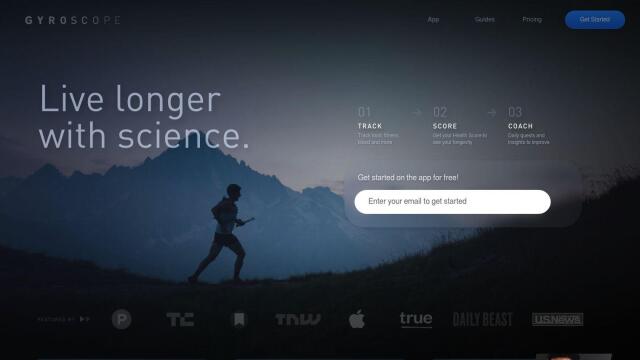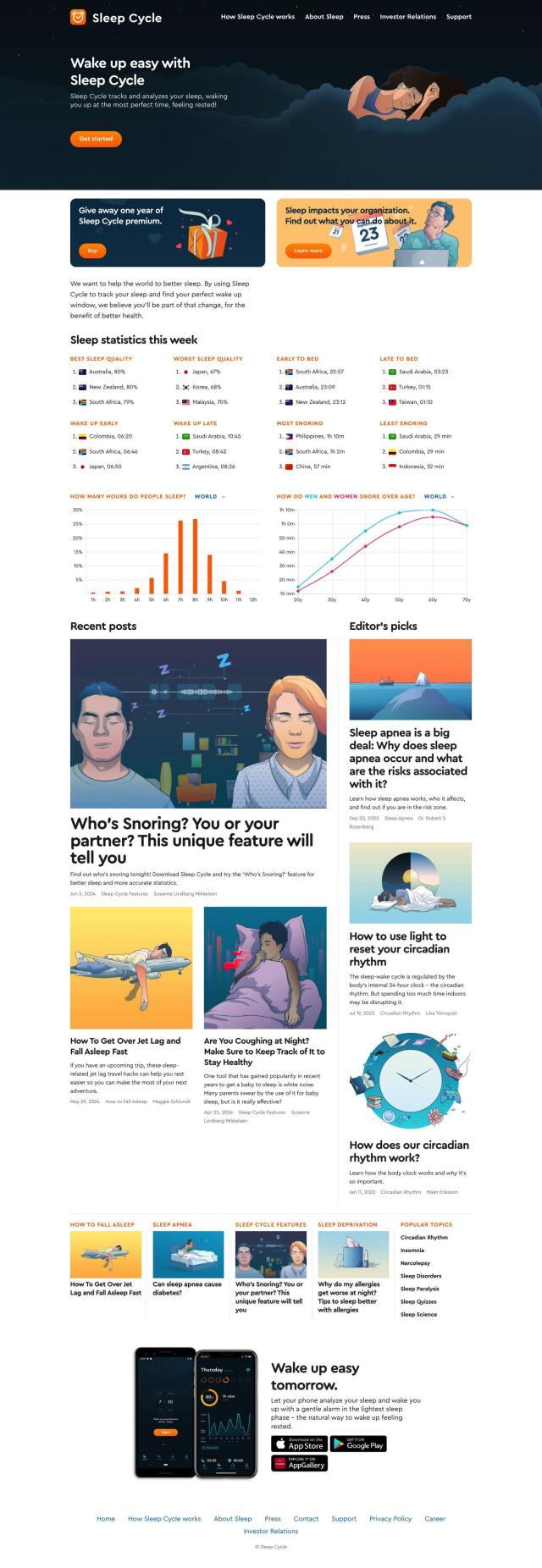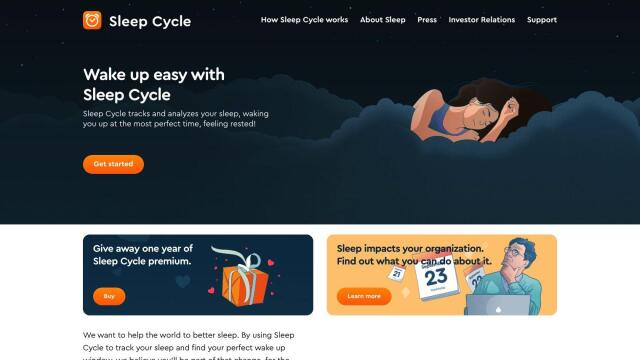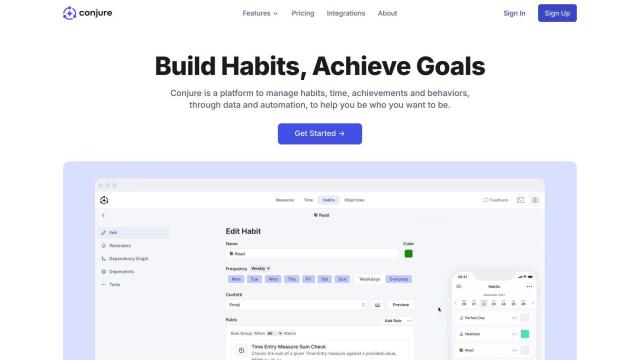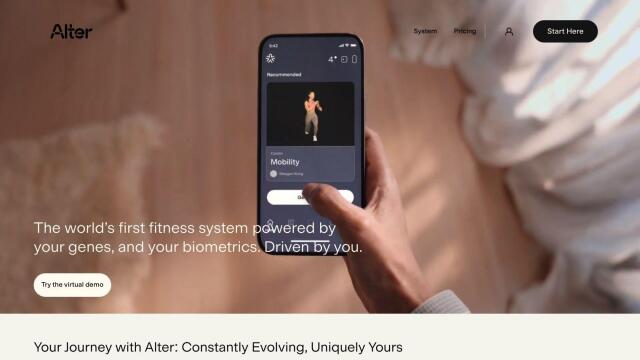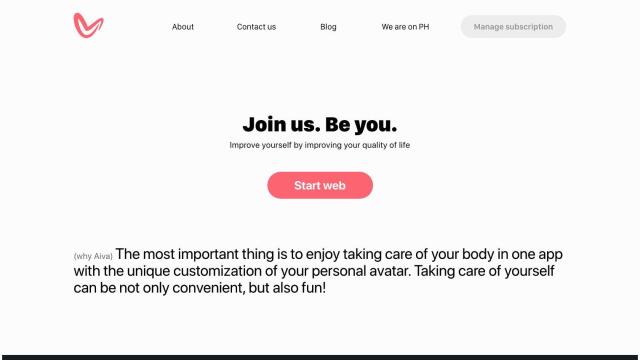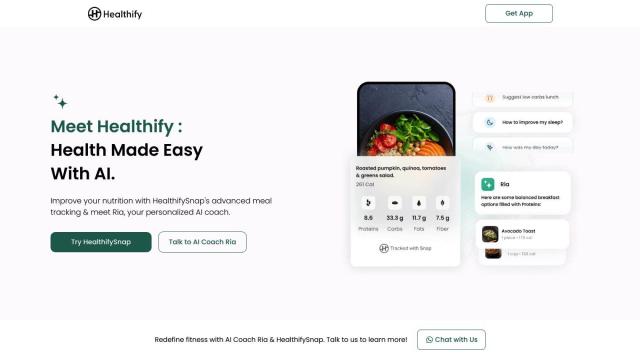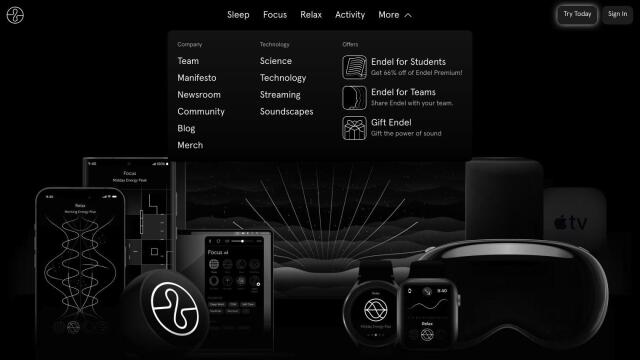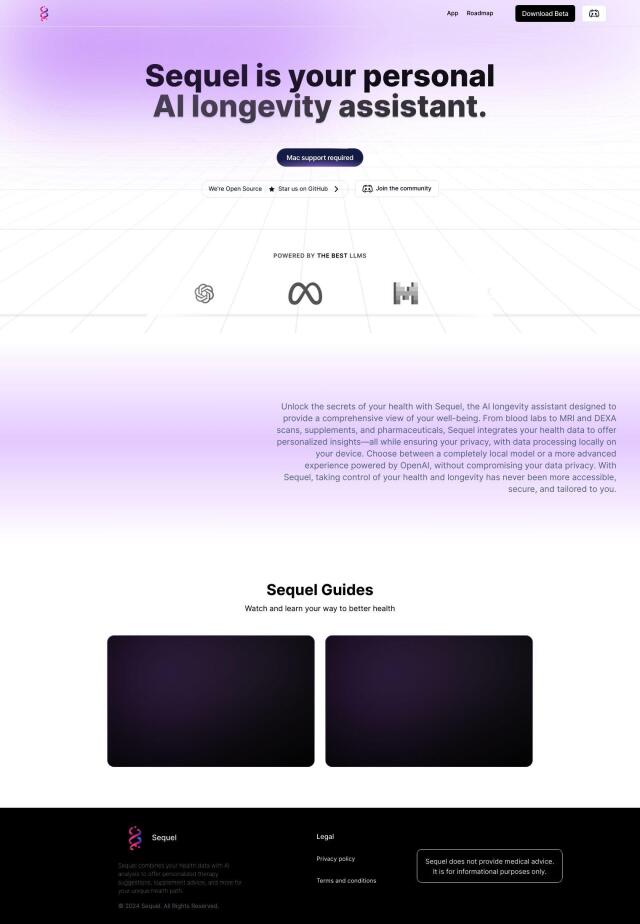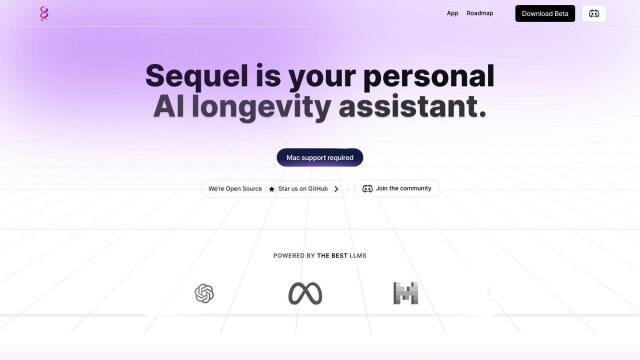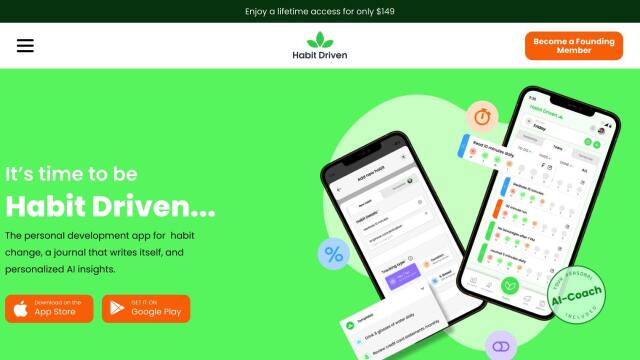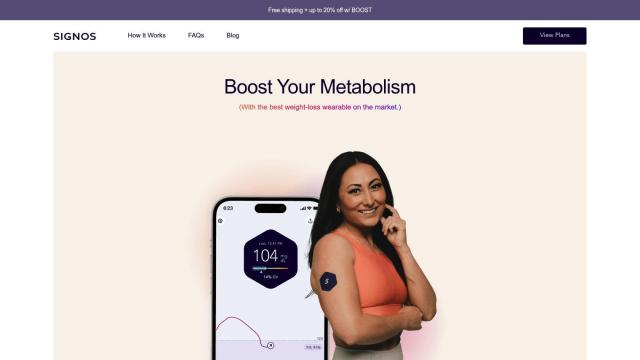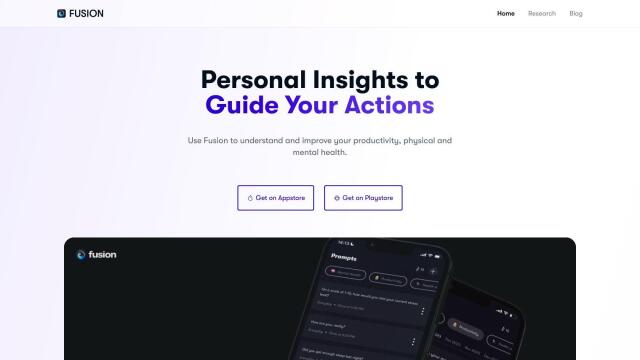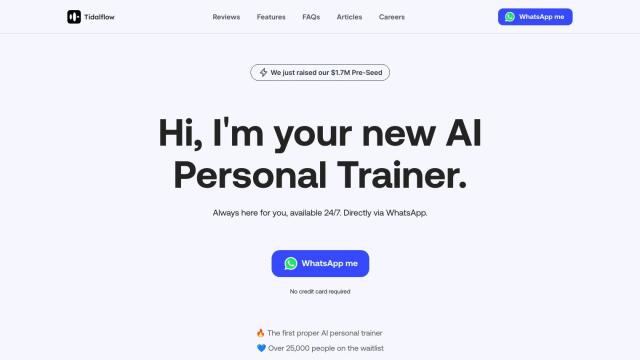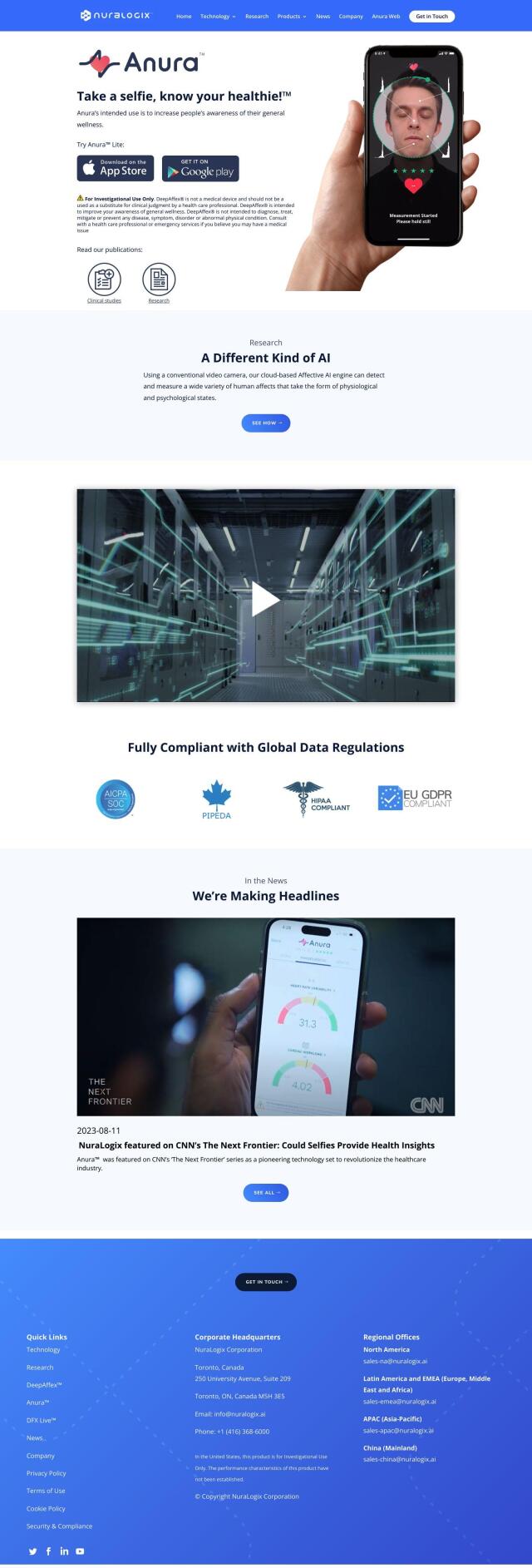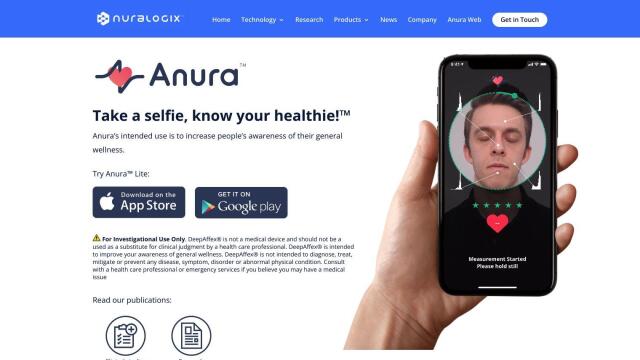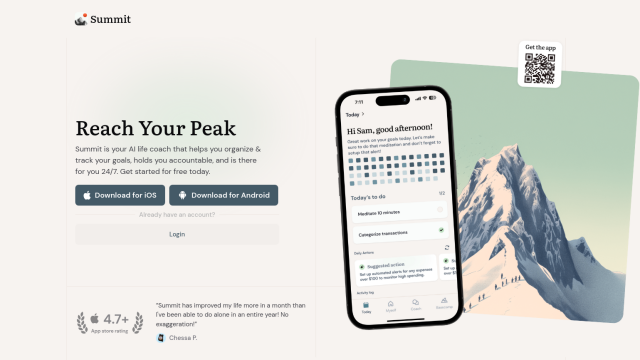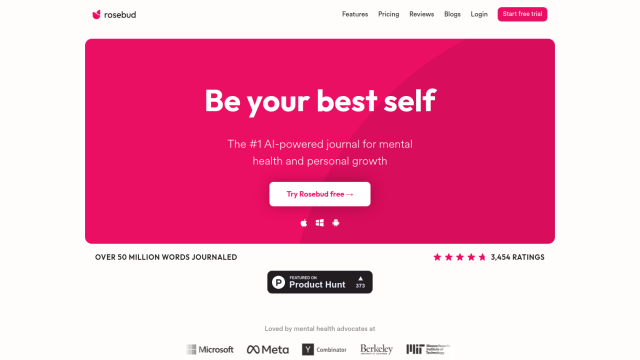Question: I'm looking for a device that tracks my daily activity and sleep patterns to help me make positive changes in my life.


WHOOP
One good option is WHOOP. This wearable device tracks scientifically useful biometric data, including sleep, strain, recovery, stress and health factors like heart rate, blood oxygen and body temperature. It then translates that data into a daily guidance system for habits, training and recovery, with real-time feedback and a data-driven approach to health and fitness, particularly good for athletes and those trying to optimize sleep and recovery.

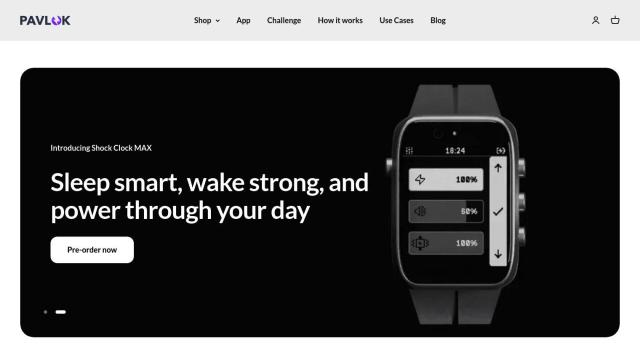
Pavlok
Another option is Pavlok, which uses aversion technology to help you break bad habits and form good ones with mild but unpleasant electrical shocks that accompany things you don't want to do. Paired with a mobile app, Pavlok tracks sleep and daily activity, providing real-time data and features like a Silent Alarm Clock to make sure you wake up refreshed. It can be used to help you stick to a regular wake-up time, quit smoking or overeating, exercise more and be more productive.


Zepp Health
If you want a broader approach, check out Zepp Health. This smart health system uses AI chips, biometric sensors and data processing algorithms to provide insights into sleep quality, heart rate, blood oxygen and other health factors. The system also includes generative AI tools for personalized wellness advice and has more advanced tracking abilities, making it a good option for managing chronic conditions, tracking fitness goals and overall health.





